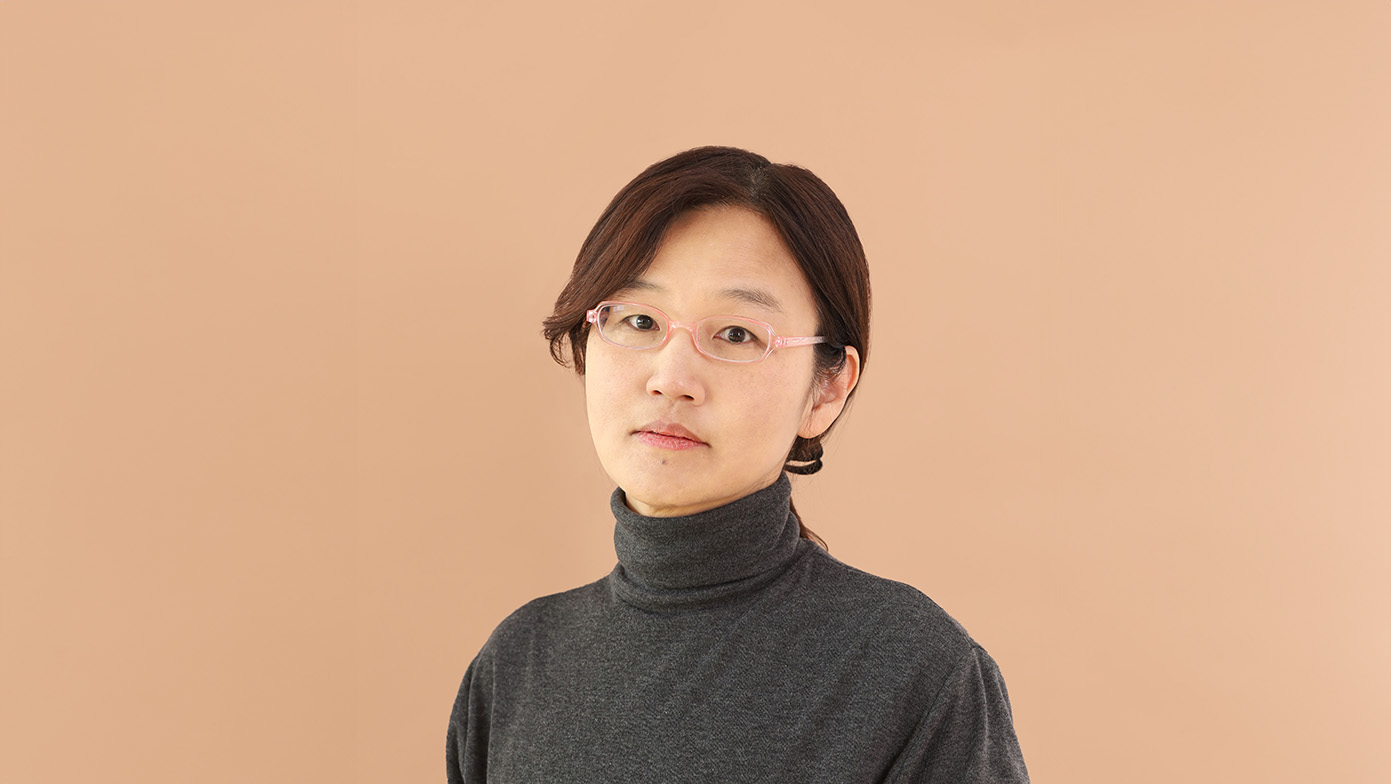Professor Jang Jeong-ah of the Department of Chinese Language and Chinese Studies published a paper in an international famous academic journal and worked as a cultural heritage expert
- 글번호
- 374195
- 작성일
- 2023-10-04
- 수정일
- 2023-10-04
- 작성자
- 홍보팀 (032-835-9490)
- 조회수
- 1471

A paper by Professor Jang Jeong-ah of Incheon National University (Department of Chinese and Chinese Studies) was published in the international famous journal. The International Journal of Cultural Policy, in which the paper was published, is an SSCI-level journal published by the British Routledge, a world-renowned academic publisher, and is considered a prominent journal related to cultural policy.
Professor Jang Jung-ah's thesis, written with foreign scholars as a corresponding author, is a study on how China's unique national system is used to protect and register cultural heritage, and is attracting attention as the first related topic.
The thesis was evaluated as original by claiming that the national system has the effect of protecting nationalist nationalism more than culture. It also argued that China has not only met UNESCO standards, but has also begun to present Chinese standards, and that it should pay attention to the impact this will have on the international heritage system.
Professor Jang Jung-ah was the only one in Korea to participate in a book on Chinese intangible cultural heritage published by the British Root Lee branch in 2017 with experts from around the world and was recognized internationally for her expertise. Professor Jang has recently been actively working as a cultural heritage expert by writing and publishing the book "UNESCO Heritage, Embracing Peace" (planned by the UNESCO Korean Committee) with scholars and teachers. The book attempted to present a perspective of "universal common heritage" in a situation where misunderstandings and conflicts surrounding cultural heritage are frequent in East Asia.
Professor Jang said, "I would like to continue to contribute to expanding my perspective on culture and overcoming conflicts through heritage research from a cultural anthropological perspective."

